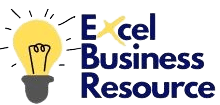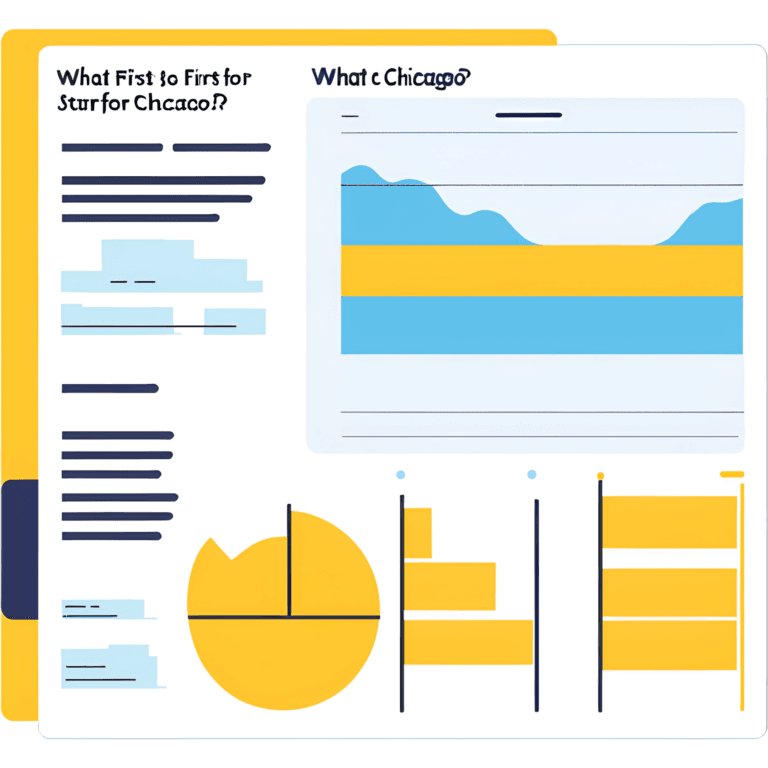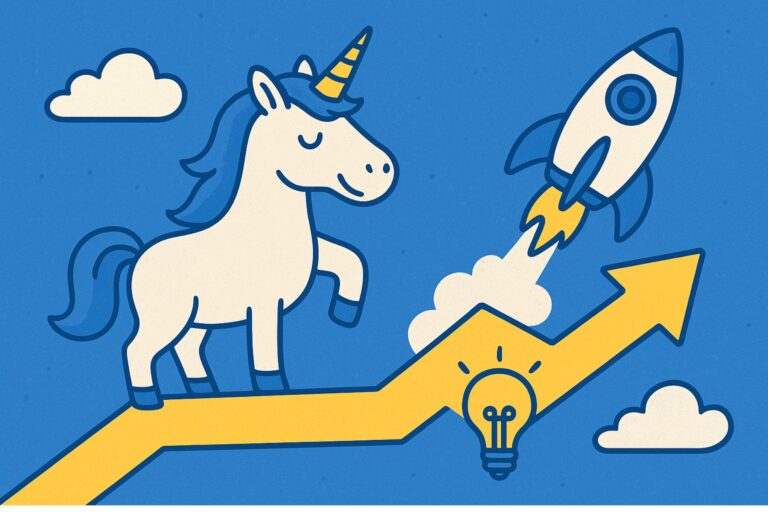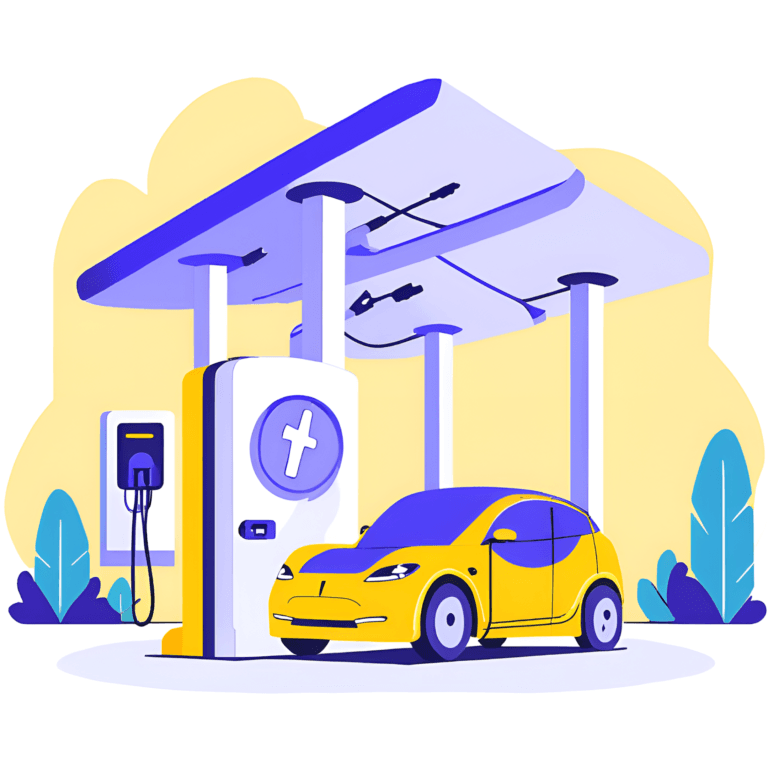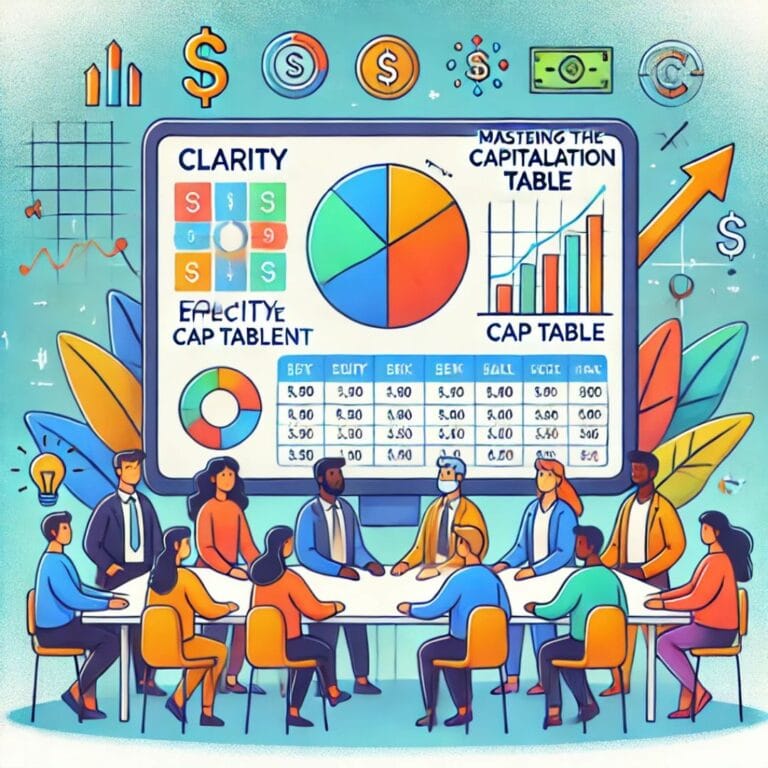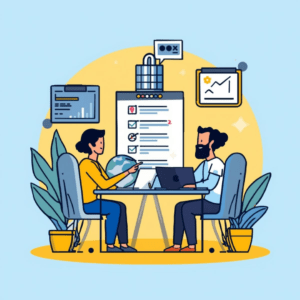Opening a coffee shop is not a bad option when you consider the possibility of starting a food and beverage business. It’s a traditional business yet one of the most lucrative growth industries of all time. According to QSR magazine, after all, coffee shops rank as one of the fastest-growing concepts in the restaurant industry, with an expected global market reaching $237.6 billion in 2025.
But you know that it takes more than just an idea to get a business up and running. There is Planning, development, and strategy involved-and that translates to start-up costs coming at you from every direction hence proved the success. Independent owners of cafes can give customers an experience which can be unique and very private compared to the large chain companies. Properly implemented vision leads to a loyal customer base that enhances word-of-mouth reviews along with steady business.
There are, however, myriad costs involved before you open your coffee shop. From paying rents and equipping to getting licenses and marketing it all comes under careful consideration to ensure the unlocking of a successful opening.
Before going jump into the cost of opening a coffee shop or restaurant, you need a customized business plan for a coffee cafe that includes market research on the locality, consumer preference, income, and age as the first step before opening. Detailed & customized business plans & market research can be more than a funding proposal; they may represent steps on a checklist of items to do before opening your doors for the first time. Also, this would be the best time to determine if you want to open up a coffee shop. This Business Plan will also benefit you when you apply for SBA Loans.
Now you may be asking yourself how much a coffee shop owner can make, and I would say there’s no broad answer. It’s all about how quickly you can get a consistent client base and breakeven point with overheads, equipment costs, payroll, and the list goes on and on. Networking, social media marketing, and local outreach really help get a business started off right.
Similar, you might be curious about how much ROI, or return on investment will be, if you do the same thing with an investment of opening a coffee shop and the answer may not be something that you would ever like to hear. You must be wondering of the profit margins, how long you will be in profit, obviously a business can’t be in profit from day one, that’s mean need to bear extra cost at least for the first two years.
For this, after getting all the costing data, you need to put these costing into a professionally & custom built coffee store financial model template, to analyze whether the coffee business will be worthy as your expectation. If not, then you need to tweak your strategy, change variable and fixed cost to be in a healthy profit margins.
Therefore it is an advice prepare your detailed business plan & financial forecasting model that gives you the clarity and helps you in decision making.
Coffee Shop Financial Model Template
Let’s get back to the coffee cafe costing, here we will discuss the full cost of opening a coffee shop to better provide you with a full idea about the cost it possesses.
1. Initial Coffee Shop Setup Costs
Starting a coffee shop requires significant initial investment. Some of the essential startup expenses include:
Lease or Property Purchase Costs
The location of your coffee shop is critical to its success, but it can also be one of the largest upfront costs. Commercial lease costs vary significantly depending on the city or neighborhood, but you can expect to pay anywhere from $2,000 to $12,000 per month for rent. If you’re purchasing a space, the upfront investment can be much higher, ranging from $150,000 to $1 million depending on location and size.
Tip: Ensure you budget for a security deposit (usually 1-3 months of rent), utilities, and potential renovation costs, which could add $10,000 to $50,000 to your overall startup expenses.
Equipment and Furniture
Your coffee shop’s equipment is another major investment. Here’s a list of the essential items you’ll need:
- Espresso machines: High-quality espresso machines are a must, costing anywhere from $5,000 to $25,000 depending on the brand and features.
- Grinders: A good grinder is essential for quality coffee. Prices range from $500 to $3,000.
- Coffee brewers: Batch brewers or pour-over systems typically range from $1,000 to $5,000.
- Refrigerators and freezers: Expect to pay between $1,500 and $10,000 for commercial-grade refrigeration units.
- Point-of-Sale (POS) system: An efficient POS system for order processing and payment can cost $1,000 to $3,000.
- Furniture: Comfortable seating and tables can range from $5,000 to $15,000 depending on the size of the space and your design preferences.
- In total, equipment costs can easily climb to $40,000 to $100,000.
Remodeling and Design
If you are required to employ a remodeling, interior design, or branding of the rented or purchased space, prepare for a heavy investment in this process. Renovation costs could be in the range of $20,000 and $200,000, depending on the extent of changes and size. Designing or implementing the right ambiance and design should be undertaken so that the customers feel welcomed to stay longer and frequently return.
2. Ongoing Costs of Running a Coffee Shop
Once your coffee shop is up and running, there are ongoing monthly expenses that you need to account for in your budget.
Labor Costs
One of the biggest ongoing costs for a coffee shop is labor. The cost of hiring and paying your staff will depend on the size of your team and their experience. For baristas, you can expect to pay wages between $10 to $15 per hour, with higher salaries for managers. Monthly labor costs, including wages, payroll taxes, and benefits, could be anywhere between $8,000 to $20,000 depending on the size of your team and operating hours.
Ingredients and Inventory
The cost of ingredients—such as coffee beans, milk, syrups, and pastries—will depend on your menu and pricing strategy. Typically, coffee shop owners spend 15% to 25% of their revenue on food and beverage costs. On average, expect to budget $5,000 to $10,000 per month for inventory, including fresh ingredients and supplies.
Utilities and Overheads
Other monthly utility expenses include electricity, water, internet, and waste management. You can expect to pay between $1,500 and $3,000 per month. There are also insurance, accounting services, and general maintenance overheads.
Marketing and Promotion
Investment in marketing is crucial in attracting customers and eventually developing a loyal client portfolio. Its focused budgets can be mainly on social media advertising, local promotions, or hiring a marketing agency, between $500 to $2,000 per month, for promotional activities. This is further supplemented by the development of an appropriate marketing campaign that maximizes foot traffic in an increasingly competitive marketplace.
3. Licensing, Permits, and Other Legal Costs
No coffee shop can open its doors without the appropriate permits and licenses. These legal requirements vary depending on your location, but they typically include:
Business license: Around $50 to $500 depending on the city or state.
Health department permits: Fees vary but generally range from $200 to $1,000 for food handling and health inspections.
Food and beverage licenses: If you plan to serve alcohol or other beverages beyond coffee, additional permits can range from $100 to $2,000.
Liability insurance: Protect your business with adequate coverage, which can cost between $1,000 and $4,000 per year depending on the policy.
These legal expenses are crucial and should be factored into your overall budget.
4. Miscellaneous Costs
In addition to the core expenses mentioned, there are several miscellaneous costs that are important to consider before starting coffee shop:
Opening inventory: Fill up your shelves with products for the initial days of business can cost $2,000 to $5,000.
Technology subscriptions: Software for accounting, inventory management, and customer loyalty programs can range from $50 to $300 per month.
Legal fees: Working with an attorney to review leases, business contracts, and other legal documents can cost around $2,000 to $10,000.
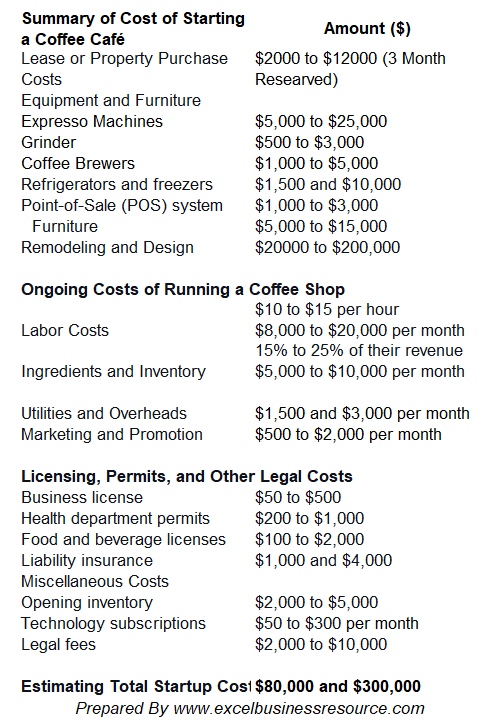
Estimating Total Startup Costs
Taking everything into consideration, the total start-up cost for opening a coffee shop will likely run between $80,000 and $300,000, depending on the size, location, and type of your shop. If it’s a small kiosk-style coffee shop, then it’s going to be closer to the bottom end, but anything large enough to get a sit-down or in a prime location would be a serious investment.
It is important to have a good business plan well prepared and ready access to adequate funding, whether from savings, loans from a bank or other lender, or from investors. Ensuring that you have a financial buffer for at least six months of operating expenses will also help protect your coffee shop from unexpected costs or slow growth periods.
Conclusion
Opening a coffee shop is not easy job & doesn’t come cheap. It takes planning and the correct budgeting to open one successfully. Along with the fixed lease agreements and equipment costs, there are ongoing costs that play a role in having a successful coffee shop. You can make it easier once you understand and prepare for them to open up and run a successful business that will attract and retain loyal customers.
